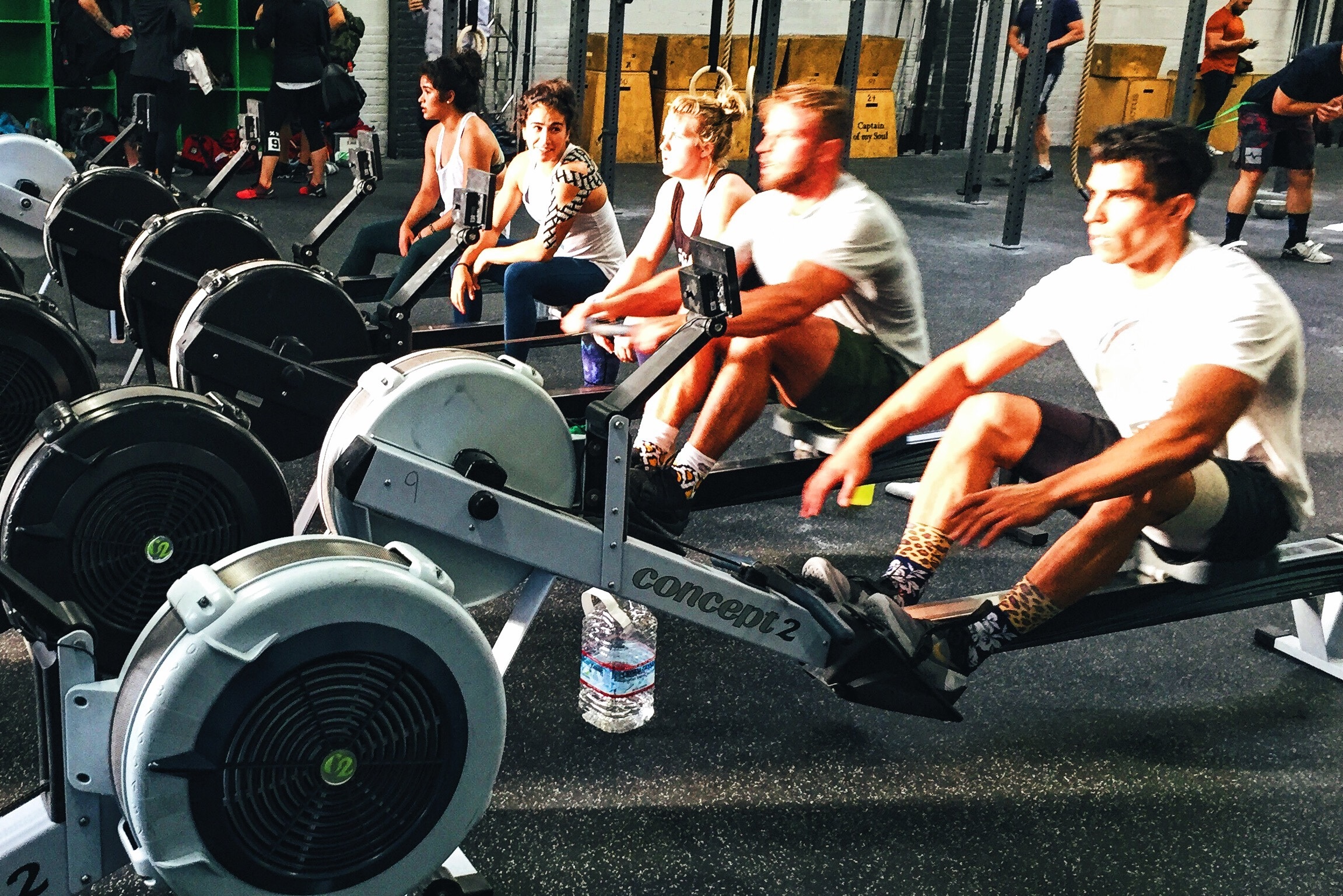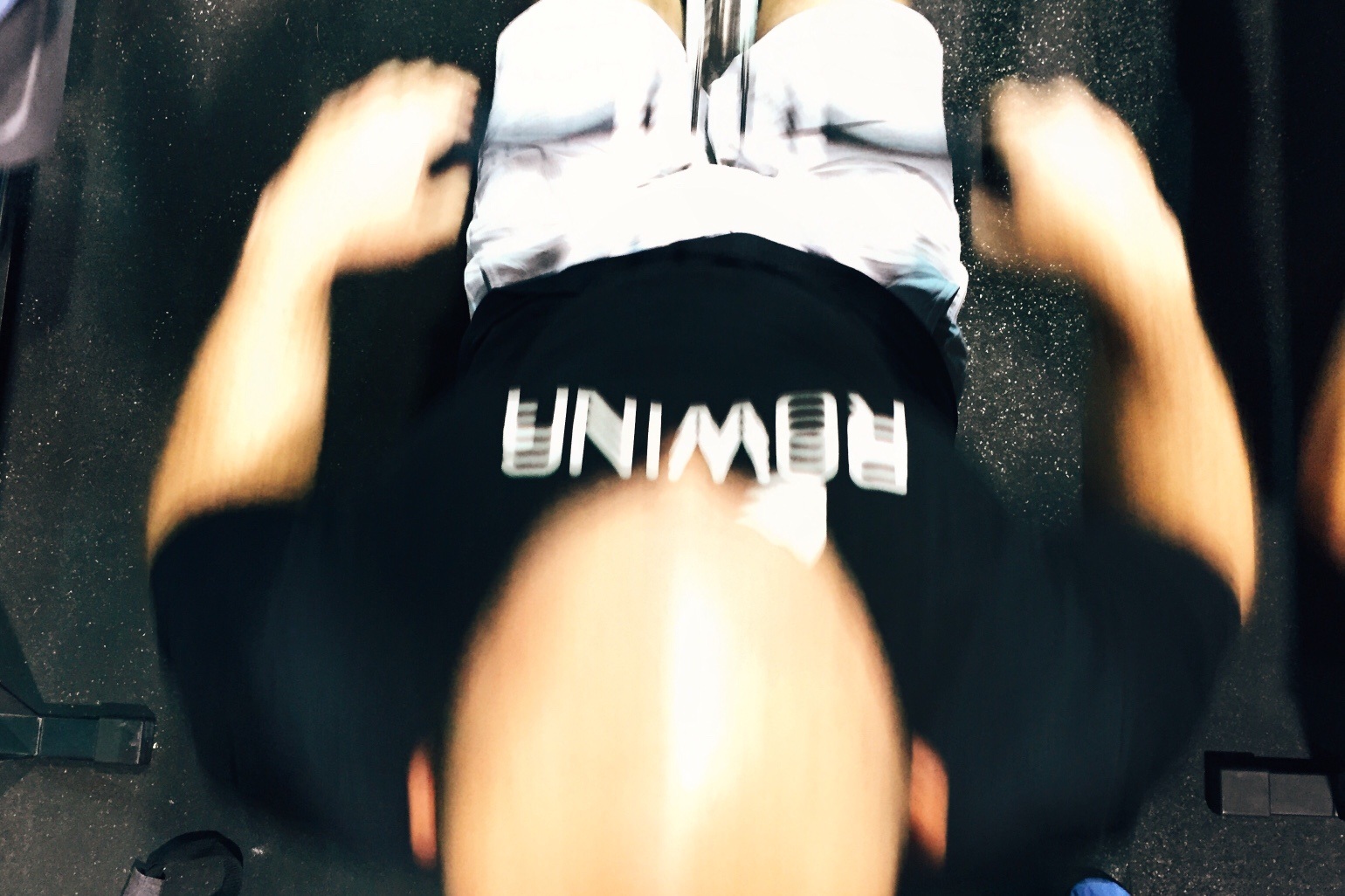
The Mental Preparation Required For Rowing
Unless you are a competitive rower, rowing is underutilized in your training. It’s understandable since it is one of the hardest sports that exist. Rowing requires skill, power, endurance, and pain tolerance, but it also requires concentration, focus, and willpower. No matter what your experience level is, there is no doubt rowing requires mental toughness.
People who tend to dislike rowing do so because they most likely just don’t understand the full benefits of it. Beyond the physical side of the sport, rowing can also be used to train for mental preparedness, which can easily be adopted into other aspects of your training.
Here are a few tips on how you can mentally prepare for a rowing workout:
Make Time
Know how long a given training session last. There is nothing worse when you think you have one hour and you need to cut it short because it is 10 minutes longer. You don’t want to stress or hurry during training, raising your heart rate more than necessary. It is counterproductive.
When to train
Mornings are the best. Not only because you have the most energy after waking up but because you’re doing exercise before facing any stress during the day. In the mornings you are more focused, willing to challenge yourself, and definitely less distracted than at any point later that day.
Fuel Wisely
Eat and drink. Our brain depends on proper hydration to function optimally and during sleep you get dehydrated. When your brain is functioning on a full reserve of water, you will be able to think faster and be more focused. You should also eat a little such as an apple or banana before training, but make sure you have enough time to digest it before the workout begins. If you choose to row faster don’t be surprised to burn out halfway in the session. When your mind is wondering what you are going to eat afterward your focus on the actual work is minimized.
Visualize
Carefully read the workout. If you don’t understand it read it again. Make sure you follow the instructions, tips, videos that are there to help you. Write it down on a piece of paper or a logbook, it always helps.
Know Your Numbers
It is crucial to test certain staple workouts to make your training easier and understand the workouts better. The rowing machine is measuring your power output and calculates your pace from it. Great programs give you targets as percentages of the power output or a certain pace. Knowing your PR pace in a 250/500/1000/2000/5000 meter row will help you push through challenging interval pieces. You also need to understand that doing maximum effort for 2 or 12 intervals are completely different.
Watch: What is Split? to learn more about how to track your numbers.

Trust The Process
Always trust the workout. Try to be as close to the targets as possible. Do not go faster. The good workouts in rowing are tailored for you and using your basic test data. You should be able to achieve those targets and it will help you improve. Some of those targets may seem challenging, but never impossible. Remember that this is training and the goal is to improve your ability to compete well, not to practice failure.
Rest and Recovery
Recovery periods are the most neglected piece of a workout. It is crucial to stay focused and mentally ready during these pieces. During interval training, you basically work from recovery to recovery. You should focus on breathing and lower your heart rate as much as possible. Read: How to Improve Your Training with Active and Passive Recovery to learn more.
Use Technology
The more organized you are the easier the workout is. If you program the monitor it takes a lot of weight off your shoulder. You can focus on your performance instead of setting the intervals up individually in the middle of the workout. During each piece of the workout, all you need to do is keep your eyes on the screen and make friends with the numbers.
When Things Get Hard Focus on the Basics
Often athletes fall victim to chasing a number even if they need to compromise their technique. When you physically start to fatigue and mentally fall apart, it’s best to focus on the fundamentals. Simply fixing your breathing and correcting your order of operations during the stroke can easily get you back in the game and on the road to reach the assigned target or that long chased PR. Your goal is to get more efficient and strive for perfection.
Log Everything
To know your numbers, you need to keep track of your results. Beside split times or meters, you can add comments in a form including accuracy and how have you felt during the workout. All of this information can help you in a similar future workout.

No products in the cart.


